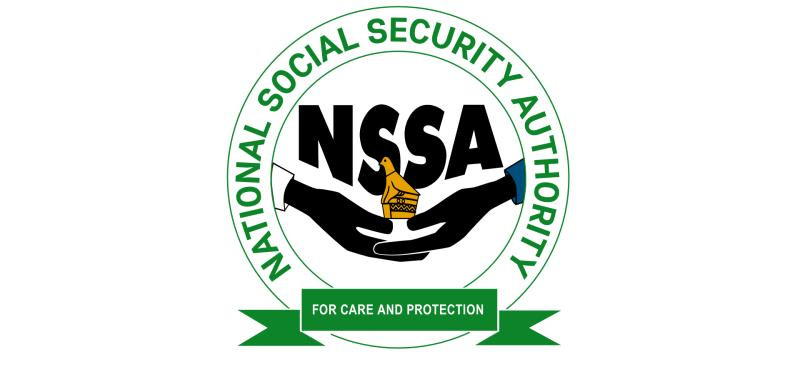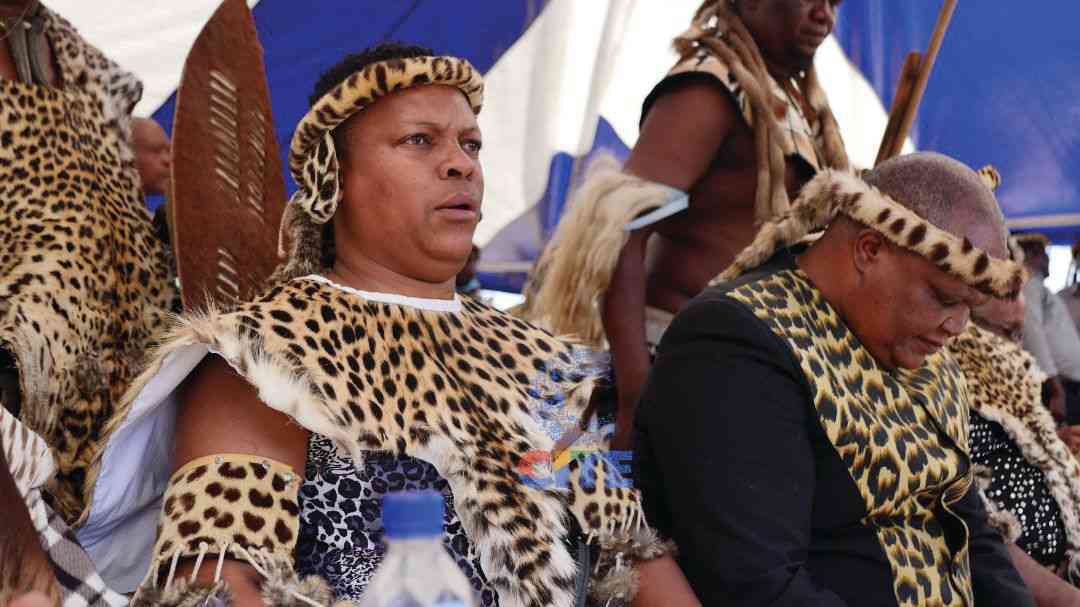
THE Greater Whange Residents Trust (GWRT) has petitioned the National Social Security Authority (NSSA) requesting statistics on the number of people suffering from respiratory diseases.
The organisation wants to use the information to engage Parliament on a policy shift with regards to mining operations.
A letter dated September 10 this year, signed by GWRT co-ordinator Fidelis Chima, addressed to NSSA, states that the residents are requesting the statistics to enable them to lobby for policy interventions with regards to how respiratory diseases can be curbed.
He said the information would be used to petition Parliament so that it can amend the current Act to enable those not employed to also undergo mandatory testing of respiratory diseases that are coal related.
He said they wanted to lobby for the amendment of the Pneumoconiosis Act.
“The Pneumoconiosis Act [Chapter 15:08] came into operation on August 1, 1971. The long title of the Act gives as its objects the following: An Act to provide for the control and administration of persons employed in dusty occupations; and to provide for matters incidental to or connected,” Chima said.
“It doesn’t cater for people who stay close to the industries that cause a lot of air pollution.”
Chima said NSSA was yet to respond to their request as of yesterday.
- Bucking global shift to cleaner energy, Zim digs deeper into coal
- Bucking global shift to cleaner energy, Zim digs deeper into coal
- Zim's 2023 elections: How to judge candidates' social protection promises
- Govt admits letting down new settlements
Keep Reading
NSSA promotions officer Nothando Phulu on Tuesday acknowledged receipt of Chima’s letter.
“We received your letter of inquiry and we forwarded it to the Bulawayo regional office. We will keep you updated on any developments regarding your request. For further inquiry please get in touch with Mr R Woyo, copied this communication,” Phulu’s response read.
However, NSSA spokesperson Tendai Mutseyekwa said he was not aware of the letter.
In 2021, GWRT and Association for Tourism Hwange (ATH) petitioned Chinese mining company Afrochine Smelting (Pvt) Limited to abort plans to conduct coal mining activities at the Deka Safari close to Sinamatela National Park after engaging its consultant, SustiGlobal, to stop consulting around the tourism facility.
SustiGlobal Consultancy was doing the environment impact assessment for the Chinese company to comply with the EMA requirement.
GWRT and ATH raised concerns over the exploration activities which were being conducted by the mining firm at the Deka Safari amid fears that this would impede tourism business.
GWRT wrote to SustiGlobal noting that it strongly objected to exploration and mining activities that Afrochine sought to carry out in the Deka safari area inasmuch as it appreciated that the company had a special grant to do mining within that area.
Chima noted that the mining activities placed an added strain on an already low water table, which meant less water will be available for wildlife.
“The residents of Hwange have expressed concern about the quality of water within the vicinity of mining areas. It is reported that already, water supply within the Hwange region may be contaminated due to mining activities,” he wrote.
“Mining activities in Hwange National Park will desecrate indigenous knowledge by destroying a fragile ecosystem and biodiversity within the park.
“Polluted air can cause serious health conditions, including respiratory problems such as silicosis and pneumoconiosis. The introduction of mining activities in Hwange National Park will increase health risks and exposure to air pollution for the residents of Hwange.”
ATH chairperson Elizabeth Pasalk, who runs a safari in the area, said they received a notice from SustiGlobal Consultancy that it had been given a special mining grant in the Deka Safari area amid fears that tourism would be destroyed.









